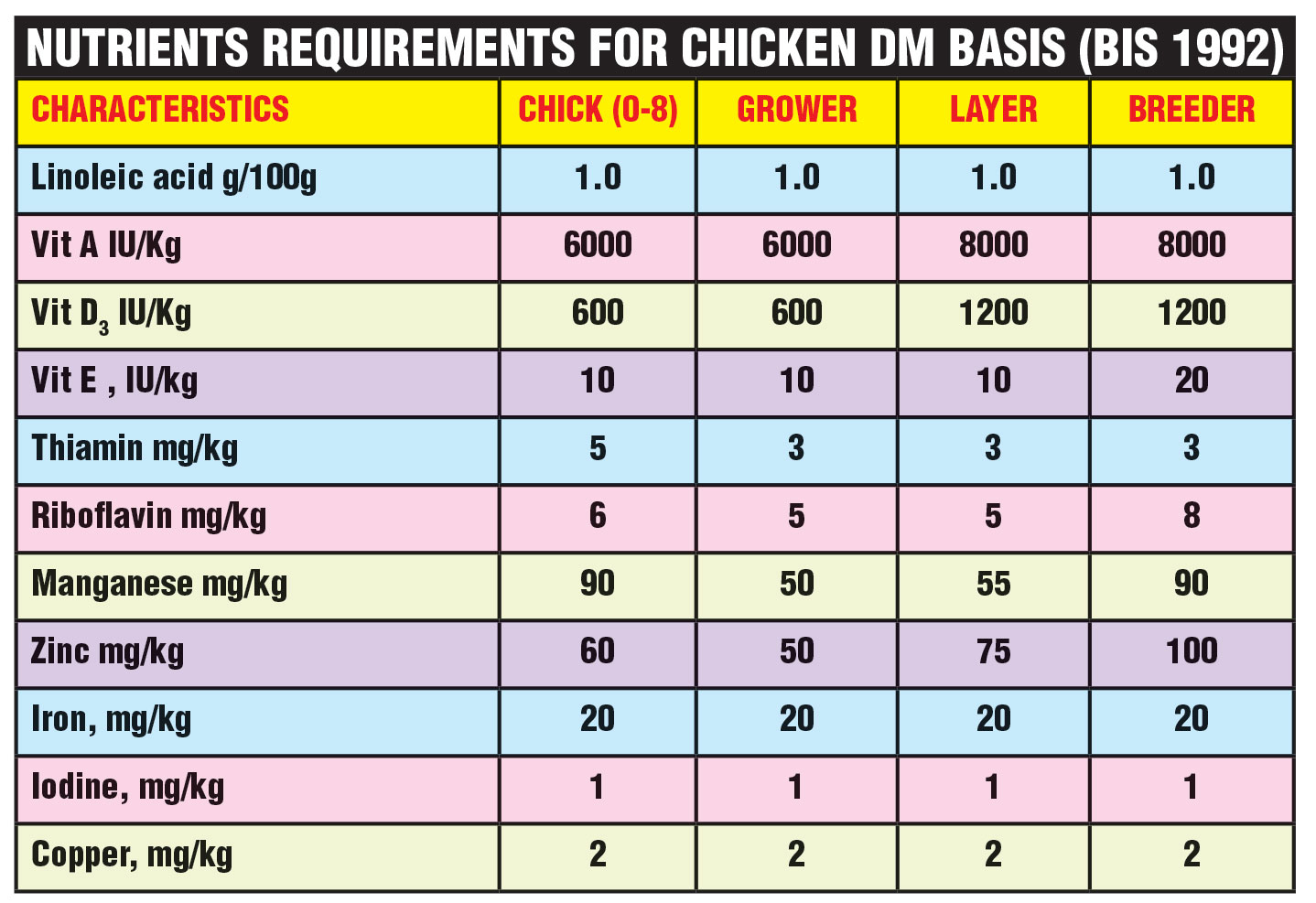 Proper nutrition in poultry flocks helps boost production
Proper nutrition in poultry flocks helps boost production
When poultry producers make sure their flocks are receiving the appropriate nutrition, they reap the benefits of increased performance, which leads to increases in profits.
While contracted commercial producers will have proper feed rations developed and delivered to them, smaller scale producers in the Ozarks can work on evaluating their current feeding program and determining where they can make changes that will provide the greatest benefit to their birds.
The Right Feed for the Right Birds at the Right Time: There is not a one size fits all ration when it comes to feeding poultry. Dr. Sara Orlowski, assistant professor with the University of Arkansas Department of Poultry Sciences and Research Station Director, explained the importance of determining the proper ration based on the type of poultry being produced, their age and their expected performance level at that time before purchasing feed.
“It is important to understand that feeds that are available at a farm supply store have been formulated to feed a certain type of bird at a certain age, and that there are feeds for broilers, layers, chicks, turkeys, gamebirds, and so on,” she said.
Feeding an inappropriate feed to the flock will not produce the desired results.
“For example, feeding a broiler feed to laying hens will result in calcium deficiency and poor egg quality, or feeding a laying feed to a chick may not have enough energy or protein for growth and development,” Orlowski said.
Provide Enough Feed and Water: A common mistake small scale poultry producers make is not providing enough of a good quality ration.
“Most birds, excluding broiler breeders, should have continuous access to a feed ration,” Orlowski said.
Free range and pastured poultry are not exempt from this practice. Even though they are getting some extra supplementation from foraging, Orlowski explained grass and bugs alone will not provide the proper nutrition needed for the flock to perform at the optimum level. An adequate supply of fresh water is necessary for flock health and performance, but this is sometimes overlooked in a producer’s feeding program.
“Birds should have constant access to a water source,” she emphasized. “The quality of the water provided may also impact bird health and water should be tested for microorganisms and pathogens.”
Performance Improvements: Making sure the flock gets what it needs will have a very positive effect on production.
“When feeding the proper feed at the proper age, producers can expect to see vast improvements in their poultry performance,” Orlowski said. “Broiler nutrition, since they are only alive for a short period of time, is imperative to their performance. Making the feed changes at the correct times will help improve growth rate, feed conversion and ultimately yield. For laying hens, feeding them the proper nutrition at a young age will help with bone growth and development. When those laying hens come into production, they will have the proper body conformation and fat deposition to become efficient layers. Calcium supplementation in older laying hens will also help to improve eggshell quality.”
Cost Considerations: While there is the potential for increased cost when making improvements to a poultry feeding program, the results are generally worth it in terms of performance and profit and in some cases, the cost may be negligible.
“A higher-quality feed, even though it is more expensive, typically will help improve flock performance and ultimately profits. When comparing feeds, it is important to look at the protein percentage, calcium level, etc., that is located on the feed tag. If the feeds appear to be fairly similar, yet one is cheaper, go with the cheaper option,” Orlowski advised.
If producers have questions about their flock’s nutritional requirements, the local extension office is an excellent place to begin research for a new and improved feeding program.





